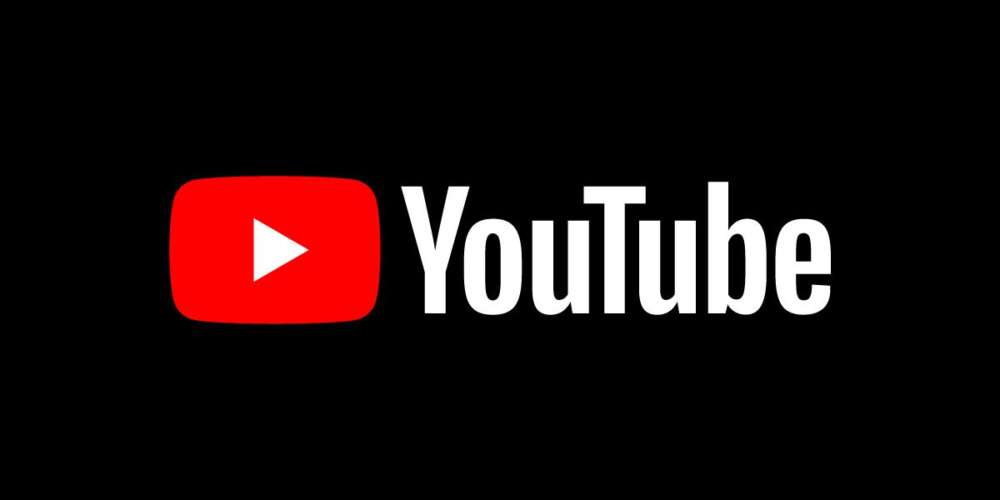San Francisco: Content moderators have accused Google-owned YouTube of being lenient with its rules prohibiting nudity and other problematic content on stars who help the video-sharing platform generate huge sum of money through advertisements, the media reported.
According to a report in the Washington Post, popular creators PewDiePie, Steven Crowder and Logan Paul are among the beneficiaries of the lenient rules, said some moderators who were interviewed by The Post.
YouTube, which shares ad revenue with its stars, denied the claims saying it does not discriminate in enforcing its rules and tries to draw the lines in the right places.
“We apply these policies consistently, regardless of who a creator is,” YouTube spokesperson Alex Joseph was quoted as saying.
YouTube has updated its policies several times over the past year after it faced criticism that it facilitates spread of hateful and inappropriate content.
The criteria for rating YouTube videos focus on advertisers, instead of focusing on viewers, the moderators said, adding that the guidelines are often not clear.
YouTube policies, for example, ban video ads that have partial nudity, but only the partial nude image is the primary focus of the video. Such an image is, however, allowed when it is “fleeting”.
The pressure to review a large number of videos — up to 120 a day — also play a role in delaying the removal of problematic content from the platform, according to moderators who work with outsourcing communities.
For conduct on its site, YouTube maintains two sets of standards. Contrary to what the moderators alleged, the company claimed that its rules are stricter for those who can benefit from ads, while the general community guidelines are somewhat looser.
YouTube says it relies on a combination of people and technology to flag inappropriate content and enforce these guidelines.
When a video is flagged, someone on YouTube’s team reviews the video as well as its context to decide whether the video should be restricted, removed, or kept live.
Of late, YouTube has also been accused of not being “supportive” enough towards the LGBTQ community members with some raising concerns about their videos being demonetised seemingly because they fall under queer categories.
YouTube CEO Susan Wojcicki has denied claims in an interview with Wojcicki vlogger Alfie Deyes, The Verge reported this week.

